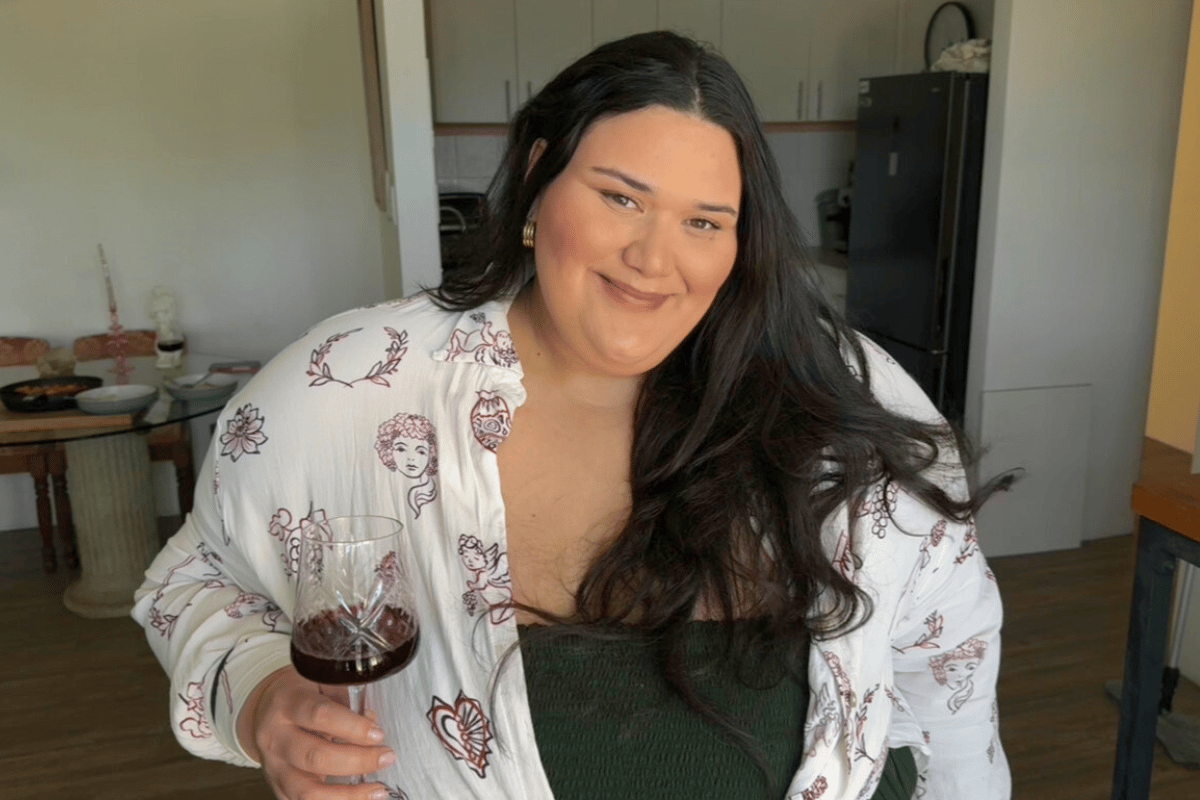

There's an art to pleasing everyone you know.
It takes undue patience, calculated measures and an undying willingness to shrink yourself to fit into the spaces that others (ahem, not you) have created. For a long time, I mastered this subtle practice and made it part of my identity.
The first time I knew my brain was wired differently was when I had a nauseating feeling that bubbled in my gut over a relatively simple situation.




























































































